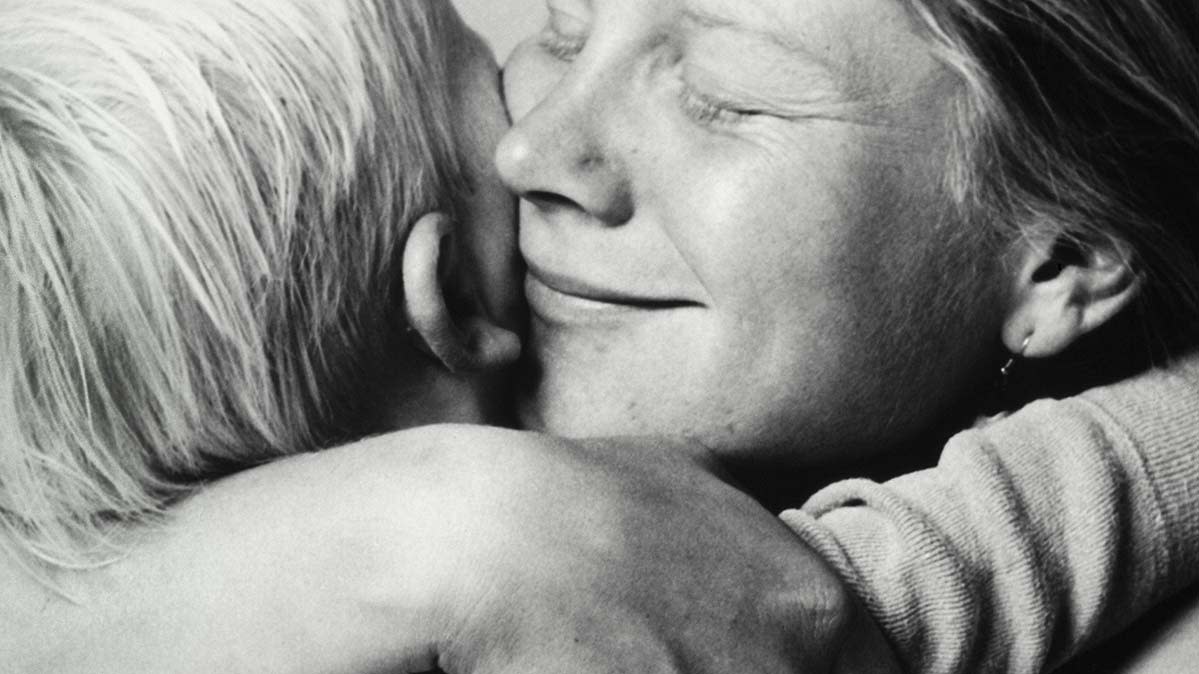The Benefits of Practicing Gratitude

Consumer Reports has no financial relationship with advertisers on this site.
Consumer Reports has no financial relationship with advertisers on this site.
While exclamations of thanks often flow freely during the holiday season, sometimes it’s hard to feel truly grateful—especially when we’re stressed out by the holidays and contemplating a world teeming with natural and man-made disasters.
But it’s in darker times that we need to practice gratitude the most: It can foster resilience, research shows, helping to guard us against feelings of disappointment, regret, and frustration, says Scott Barry Kaufman, a professor of "positive psychology" at the University of Pennsylvania.
Practicing gratitude has also been linked to better mental and physical health, more positive social relationships, and an enhanced ability to savor what you have. A recent study by Leah Dickens, an assistant professor of psychology at Kenyon College, even found that being grateful makes people more patient.
But what does practicing gratitude actually mean? Here are four scientist-endorsed strategies for getting to grateful this season.
Write It Down
Psychologists’ top two tips for cultivating gratitude are writing down three things you’re grateful for each morning or evening, and writing and then sending a letter to someone you haven’t properly thanked in your life—your mother, an old teacher, etc. (Better yet, says Dickens: Read the note aloud to them.)
Dickens conducted a meta-analysis that synthesized 38 studies on gratitude exercises and found that these practices do lead to increased happiness (although their benefits may have been exaggerated in some popular self-help books). That doesn’t mean you shouldn’t give them a try, Dickens says.
“Maybe they’re not going to be life-changing, but people do seem to experience little uplifts when they do them,” she says. Plus, “they are free and easy.”
Choose Mindfulness
“The best way to cultivate gratitude is to practice being more mindful throughout your day, intentionally focusing your attention on beauty and goodness in the world,” Kaufman says.
Mindfulness is a judgment-free focus on the present moment, and meditation is a proven way to cultivate it.
Dickens recommends guided meditations that focus on gratitude. “While you’re meditating … think about someone you feel grateful for and hold them in your mind,” she suggests. Stick with it regularly for a few months, and you’ll be generally more attuned to all that you should be grateful for.
Seek Out Novel Experiences
Todd Kashdan, a professor of psychology at George Mason University, keeps a journal where he writes down the “three extraordinary things” that happen to him each day, and also what he could have done to make them better.
This exercise teaches an important lesson, says Kashdan: Rather than cataloging what you believe you’re currently grateful for, pursue new experiences that you will feel grateful for later.
“When I go through the book,” Kashdan says, “I think, ‘My life is awesome!’ I develop gratitude and appreciation, but indirectly. I think that’s the best way of doing it.”
Be a Gracious Recipient
Gratitude is a powerful feeling: It can help us identify (or remind us) of our most valuable relationships. That’s the idea behind what’s known as the find-remind-bind theory of gratitude, developed by Sara Algoe, Ph.D., an associate professor of social psychology at the University of North Carolina at Chapel Hill.
But for the “binding” part to really work, says Kashdan—for the good things people do for each other to effectively strengthen our relationships—we need to receive gifts, favors, and kindnesses graciously.
By not adequately acknowledging and appreciating a thoughtful gift (or rejecting it as undeserved, too generous, etc.), you risk jeopardizing the mutual positive feelings and the bond that the giving and receiving of gifts can foster.
“If someone is going to give you a gift, let them give you a gift,” says Kashdan. “At another time you can reciprocate.”
More from Consumer Reports:
Top pick tires for 2016
Best used cars for $25,000 and less
7 best mattresses for couples
Consumer Reports is an independent, nonprofit organization that works side by side with consumers to create a fairer, safer, and healthier world. CR does not endorse products or services, and does not accept advertising. Copyright © 2018, Consumer Reports, Inc.

